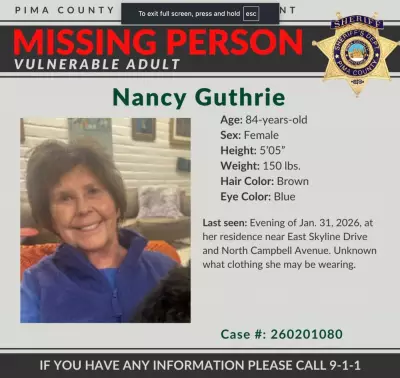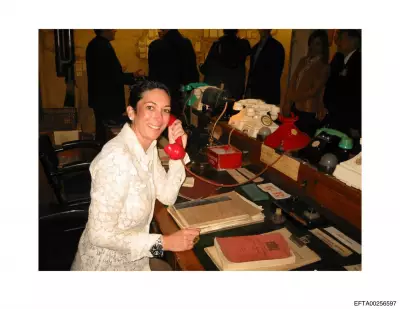
The race for New York City's next mayor has ignited unexpected tensions within the city's diverse Jewish community, with progressive candidate Zohran Mamdani at the center of the controversy. As a member of the Democratic Socialists of America, Mamdani's political positions have created what many are calling an impossible choice for Jewish voters.
The Progressive Challenger
Zohran Mamdani, a state assemblyman representing Queens, has built his campaign around progressive policies that include defunding the police and implementing universal rent control. However, it's his stance on Israel that has become the lightning rod for controversy. Mamdani has been vocal in his criticism of Israel's government and has aligned himself with the Boycott, Divestment and Sanctions (BDS) movement.
A Community Torn Apart
"I hate my choices," lamented one Jewish voter, capturing the sentiment of many who feel caught between their progressive values and their connection to Israel. The division cuts across generational lines, with younger, more progressive Jews often supporting Mamdani's positions while older community members express alarm.
Local Jewish organizations find themselves in a difficult position, trying to balance their members' diverse political views while maintaining community cohesion. The debate has spilled over into synagogues, community centers, and family dinner tables across the five boroughs.
The Israel Question
At the heart of the controversy lies Mamdani's position on Israel. His support for BDS and criticism of what he calls "Israeli apartheid" has drawn sharp condemnation from more traditionally Zionist segments of the Jewish community. Meanwhile, his progressive supporters argue that criticism of Israeli government policies shouldn't be conflated with antisemitism.
Broader Political Implications
This internal conflict reflects larger tensions within the Democratic party and progressive movements nationwide. As progressive candidates gain traction in local elections, traditional alliances are being tested, and the New York mayoral race has become a microcosm of these national debates.
The outcome of this political drama could have lasting implications for how Jewish communities engage with progressive politics and how progressive movements address concerns about Israel and antisemitism.
As the election approaches, New York's Jewish voters face a difficult calculation: how to balance their local political priorities with their international concerns and community loyalties.





